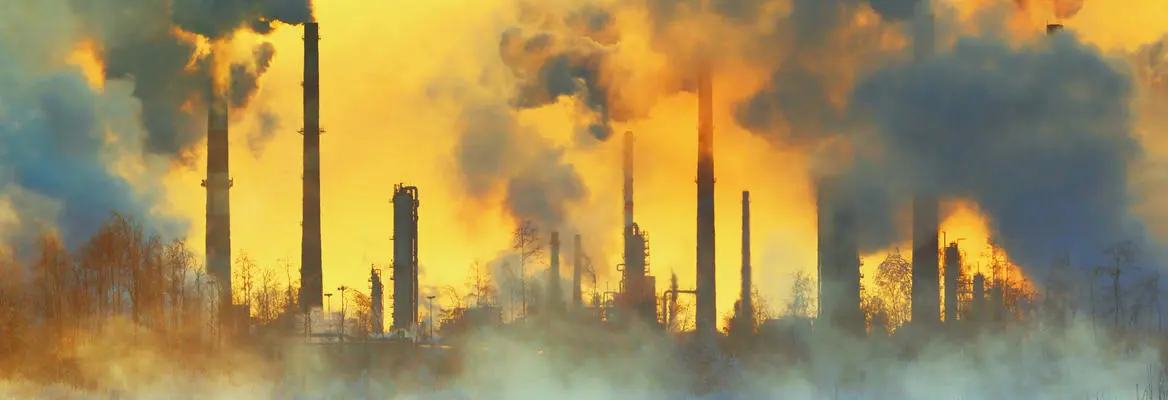We must plan for a radically different future, one that doesn't see stability as stagnation and is both adaptable and sustainable. We should argue for and work towards something better than a cycle of growth and decline.
Imagine your prime minister, president or chancellor standing at a press conference, declaring that for the foreseeable future, you cannot take a plane or use a car, you must stay at home. The media is shocked and agitated - these are severe restrictions to freedom of movement. Further imagine that this leader is not making these demands because of a pandemic. Instead, she is arguing they are necessary to solve the climate crisis.
Before Covid-19 took over the world, we were asked to prevent climate change by becoming “sustainable”, and it was often not clear what that actually meant. It usually involved changing our everyday consumption practices. Citizens around the world were asked to reduce their use of plastic bags, beef consumption, air travel. We hoped that small steps, taken daily by everyone, would make the difference. Perhaps a few small state interventions here and there in the capitalist market economy – slight incentives and even slighter restrictions – would also help prevent the planet’s deterioration.
Drastic state interventions, such as restricting civic freedoms, were almost never imagined on humanity’s path towards sustainability. Apart from war, the last time governments imposed such restrictions was during the 1970s international oil crises, when several nation states banned Sunday driving and flying. This latter crisis arguably led to the emergence, rise, and predominance of neoliberalism around the world. Our current form of organising capitalism is based on a retraction of the (post-World War II welfare) state. For hardcore neoliberals, the market should regulate human affairs, not the state. This was the framework in which many political leaders agreed to pursue their fight against climate change, and for sustainability.
Crises are inherent to capitalism. Neoliberalism has excelled in incorporating these crises into its own raison d’être without losing any of its political persuasiveness and credibility.
However, crises are inherent to capitalism. Neoliberalism has excelled in incorporating these crises into its own raison d’être without losing any of its political persuasiveness and credibility. It presents itself as the solution for these crises, despite being their cause, and failing to solve them. In the near future, its proponents will claim to know how we will overcome our current public health crisis and its economic, political and social repercussions. I suggest we use the lockdown to consider alternatives. What big steps could we take towards sustainability? What role can national governments play in tackling the climate crisis in the a post-Covid-19 future?
In the UK, it’s been shocking for many to see a right-wing populist, hardcore neoliberal version of the Tory party endorse policies that some have called ‘communist’. The government has taken an active, Keynesian role for the state in fighting Covid-19. Might this radical and unexpected response change our expectations of how governments can fight the even bigger climate crisis? How sweeping will our fight against climate change be, once we can get the current crisis behind us?















Join the conversation